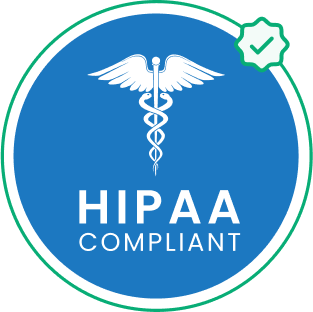What is Continuous Learning?
Continuous learning, in the context of artificial intelligence (AI), refers to the ability of AI systems to acquire new knowledge, improve their performance, and adapt to changing conditions over time. It is an essential aspect of AI development and deployment that allows AI models to evolve and enhance their capabilities through ongoing learning and refinement.Traditional AI models are often trained on static datasets and have fixed capabilities. However, continuous learning introduces the concept of lifelong learning for AI systems, enabling them to learn from new data and experiences beyond their initial training to stay up-to-date with the latest information and adapt to evolving situations.Related terms
Not to be confused with:
Back to glossary











